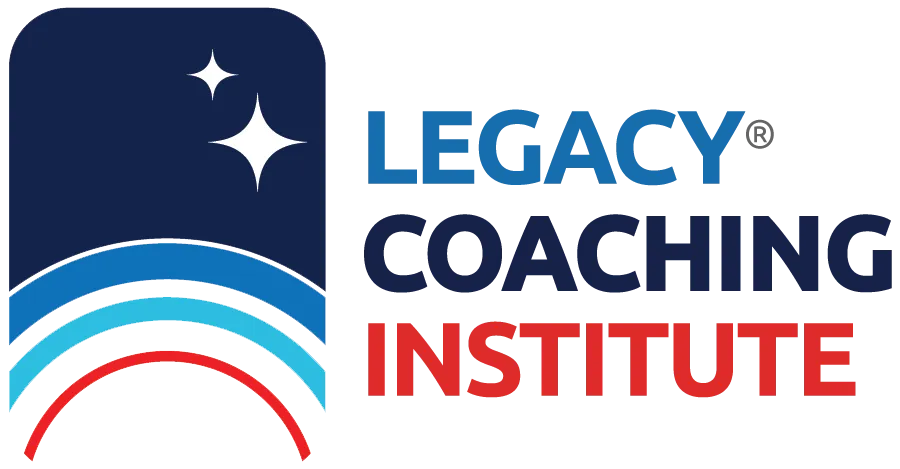What Is Coaching?
Coaching is a profession that is based on ethics, ethics and ethics and nothing but ethics! The Competency of ethics is the base of all future competencies. In this competency, ICF dives deep into how professional coaches can demonstrate ethical practice with themselves and their clients.
You can also know more about building your brand as a coach through Personal Branding and Business For coaches
Here are some of these ethical practices
1.Define what Coaching is to the Client
Many clients come into coaching sessions not knowing what it serves or what is the purpose of these coaching sessions. Therefore, coaching must be defined to all clients by their coaches, life coaches, or career coaches, whether they had been coached before or not. As ICF does not guarantee the ethics of the previous coach.
Moreover, clients must be oriented about the difference between coaching and other supporting professions for the sake of their expectations from the session, the coaching agreement, and the support provided by the coach. Furthermore, a coach must be ethical enough to refer a client to another supporting profession if their need cannot be served through coaching.
2.Honesty and Professionalism
A professional coach must demonstrate the highest levels of honesty and professionalism with his clients. For instance, a professional coach must arrive on time and may not be late for the session.
In cases of emergency where the coach cannot attend, the client must be notified and refunded for the session instantly.
Being late to sessions would result in zero trust and intimacy which would break the rapport and the client would feel disrespected.
Therefore, professional coaches must focus on themselves before signing an agreement with a client. Being professionalism includes respecting the form of meeting the client had requested from the beginning. For instance, if they had requested that all sessions should be held face-to-face then the coach may not request an over-the-phone session. Also, if a client is phobic of pets, the coach may not introduce his pet into the session whether with or without the client’s permission as this is equivalent to bringing one’s own child into the session.
3.Respecting the client
The main aim of respecting the client is to nurture the relationship with the client into a long-lasting relationship that is built on trust. Such trust does not come into the relationship until the client feels safe and protected in this relationship through different forms of respect.
Respecting the client does not only come in the form of arriving on time to the session. It includes showing kindness, care, and empathy toward the client’s identity, culture, traditions, values, and beliefs. Most importantly, the coach must protect the client’s confidentiality no matter what and protect the client’s dignity by not sharing information with parents, sponsors, or relevant stakeholders. Keeping the client’s confidentiality will make the client feel safe and will be open to more vulnerability in the sessions as they wouldn’t feel threatened.
In many cases, clients are encountering a coach for the first time and no coach wants to be the first traumatizing experience for their client. Therefore, coaches must try their best to abide by the code of ethics to give the best experience to their clients. ICF constantly looks after its clients to ensure that they have had a fair journey with their coaches. Therefore, coaches must embody the same values of the organization they belong to.
